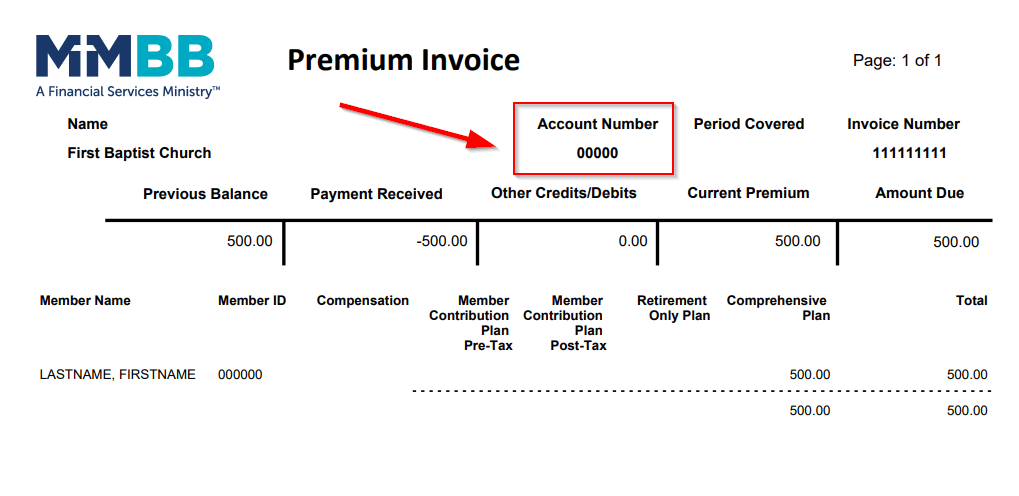Rev. Dr. Patricia L. Hunter CFP®
With this article, MMBB Financial Services begins a three-part series on how to effectively manage your debt so that you may focus on the important things in your life such as your family and your ministry. Part one addresses establishing goals. Part two will provide information on developing a budget and part three will demonstrate how to identify and eliminate debt.
MMBB understands the unique financial challenges faced by pastors and church workers because we are not only a financial services institution, but our ministry is dedicated to serving our members by providing financial services and education to ensure a secure future.
Consumer debt has risen to unprecedented levels among the U.S. population in recent years. (After adjusting for inflation, household debt has grown 15% faster than household income since 2003 according to a study by NerdWallet.com.) Having debt can prevent us from living our best life. We may spend time worrying about paying the next bill instead of quality time with family, friends, or engaging in recreational activities.
Managing excess debt can also prevent us from doing our best ministry. Energy needed to serve God’s people is instead focused on worrying about the next due date. When pastors are worried about debt, decisions about ministry may be made from a purely economic perspective instead of what is best for God’s people. Research reveals that the level of stress connected with debt is twice as high among pastors than the general population.
Debt stress has been linked to a wide range of problems for individuals, households and institutions. Debt levels adversely impact family life, job performance and health. The first step to alleviating this stress and managing debt is to establish goals.
Personal and financial goals give us incentives to reduce our debt. Setting realistic and measurable goals that allow you to track your progress is the key to achieving your financial goals. You need to ask yourself, “Where do I want to be financially in 5, 10, or 20 years?” Whether you are saving for a down payment for a home, children’s college education, a family trip to Europe, purchasing that dream set of golf clubs, or retiring at age 62, you need to visualize your goal. Know what you are working for by clearly keeping the goal in mind. Posting a reminder of the goal where you can see it throughout the week is one way to keep yourself motivated. The following questions should be considered when setting financial goals.
What is the time horizon for your goals?
We can have both long-term and short-term financial goals. Short-term goals are smaller steps that help you achieve your long-term financial goals by adjusting your spending habits and lifestyle. Short-term goals can include putting a plan into place to pay off debt and actively contributing to an emergency fund. Long-term goals are those which you can accomplish in two years or more, as they require additional funds. Examples of long-term financial goals can include saving for retirement, amassing an emergency fund of 6-9 months of household expenses, and paying off consumer debt or a mortgage. List your future financial needs and desires, as well as how much you need to save.
Are your goals S.M.A.R.T. (Specific, Measurable, Attainable, Realistic, Timely)?
To stay focused be specific when describing your goals. You also need to be realistic. When people set goals that are overly ambitious, they tend to give up before reaching them. Goals should be difficult to achieve, but not impossible. Prioritize your goals and monitor your progress. Celebrate when you hit a milestone. Setting S.M.A.R.T. goals helps you stay focused on achieving them. Putting your goals in writing makes them seem more real. Be sure to read your goals out loud, and often. That will help bring them to life and motivate you further as you move from intention to actualization. At MMBB Financial Services, we believe that setting S.M.A.R.T. goals is an essential first step towards putting a financial plan into action. For more information on setting S.M.A.R.T. financial goals visit the Financial Planning section of the MMBB website and see Setting Goals.
Once you have established your financial goals, you can move on to developing a budget. This will be covered in part two of the series in the next issue of Tomorrow.
Back to Financial Resource Center









